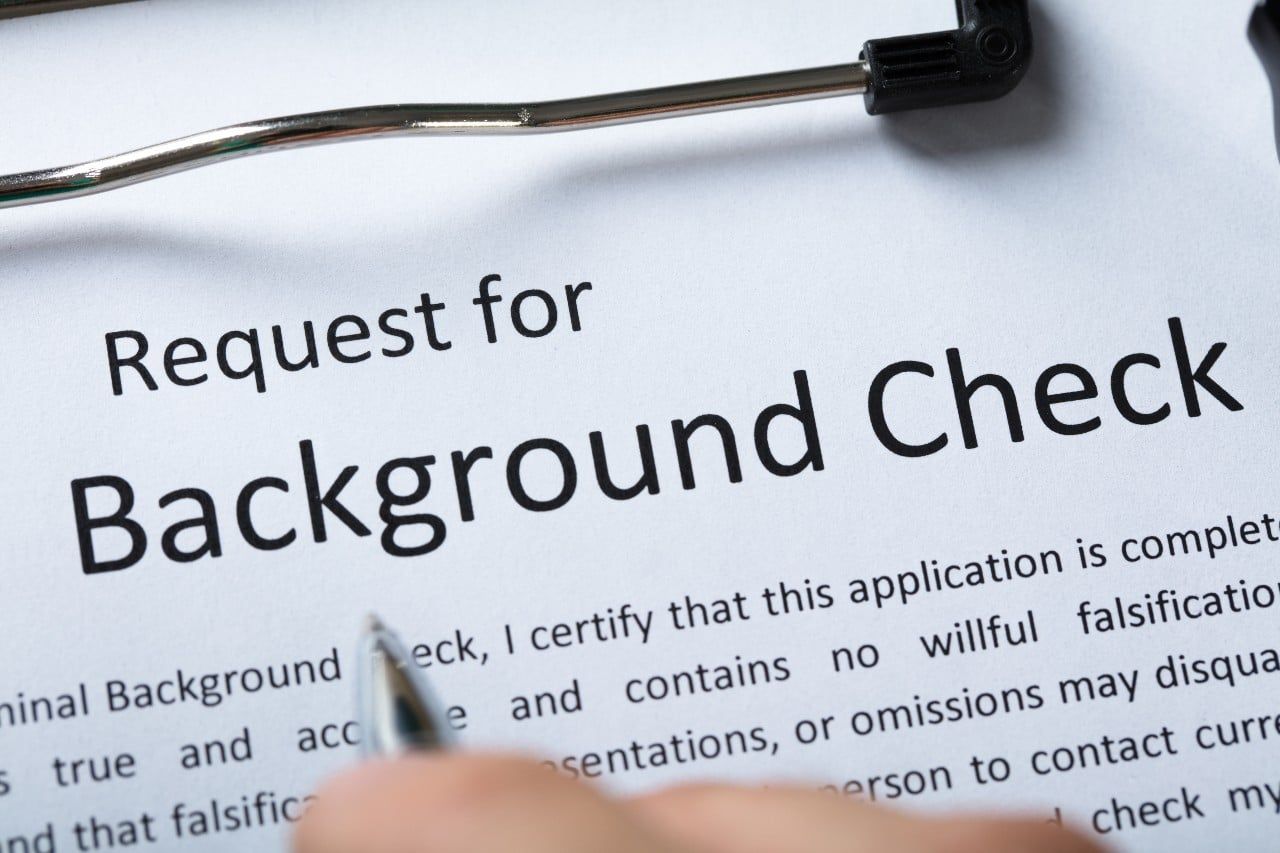 The Fair and Accurate Credit Transactions Act (FACTA) was passed by Congress and signed into law by President George W. Bush in 2003. FACTA is an amendment to the Fair Credit Reporting Act.
The Fair and Accurate Credit Transactions Act (FACTA) was passed by Congress and signed into law by President George W. Bush in 2003. FACTA is an amendment to the Fair Credit Reporting Act.
Among its benefits to consumers are laws that govern what information a merchant can print on credit card receipts.
In addition to the laws affecting credit card receipts, citizens are allowed access to their personal credit report without charge on an annual basis. This report can be obtained through Equifax, Experian, or TransUnion—the three credit reporting agencies with a national presence.
The required truncation of account numbers on credit card receipts is intended to deter would-be identity thieves. FACTA specifies that only five digits of account numbers can be printed.
These five numbers cannot be in any random order, either. Printed credit card receipts can use placeholder symbols such as hashtags or stars up until the last five numbers.
Secondly, account expiration dates are not allowed to appear in any format on credit card receipts.
The rules established by FACTA are only excepted by handwritten or imprinted credit card receipts when this is the only way to make note of an account number.
For the first three years after the act’s passage, merchants using cash registers made prior to Jan. 1, 2005, were not held to these stipulations. If a cash register was made after this date, merchants had only one year to implement FACTA’s requirements.
Other FACTA Identity Theft Deterrents
FACTA has other identity theft deterrents built into it. Among them are consumer’s ability to set up fraud and active duty alerts. A fraud alert is made when a citizen suspects their vital information has been compromised through a data breach or other means.
They can make a formal request of one of the nationwide credit reporting agencies to place a warning on their file.
The receiving agency is then required to pass on this notification to the other two entities. The fraud alert remains on the person’s account for three months and can be extended for up to seven years. Any credit report requested will have the fraud alert clearly identified on it.
The credit bureaus are prohibited—if an extended alert period is chosen by the consumer—from giving any list that has their name on it to companies seeking to offer credit cards or sell insurance.
FACTA gives special provisions for military personnel. In the event of deployment, a service person is allowed to set up an active-duty alert in much the same fashion as a fraud alert.
This lets inquirers know that if vital information is used in an attempt to obtain credit, it is likely to be fraudulent because the individual is serving overseas in or around an area of conflict.
Consequences for Failing to Adhere to FACTA Receipt Laws
Has a merchant failed to adhere to FACTA receipt laws in a credit card transaction with you or a loved one? Statutory damages can run from $100 to $1000 per violation and you may have a legal claim.
Retail and restaurant establishments that routinely disregard these stipulations can best be hurt when your complaint is gathered with other consumers in a class action lawsuit.
Free FACTA Class Action Lawsuit Investigation
If you made one or more purchases and the retailer provided you with a receipt that contained more than the last five digits of your credit or debit card number or the expiration date, you may be eligible for a free class action lawsuit investigation and to pursue compensation for these FACTA violations.
ATTORNEY ADVERTISING
Top Class Actions is a Proud Member of the American Bar Association
LEGAL INFORMATION IS NOT LEGAL ADVICE
Top Class Actions Legal Statement
©2008 – 2025 Top Class Actions® LLC
Various Trademarks held by their respective owners
This website is not intended for viewing or usage by European Union citizens.














